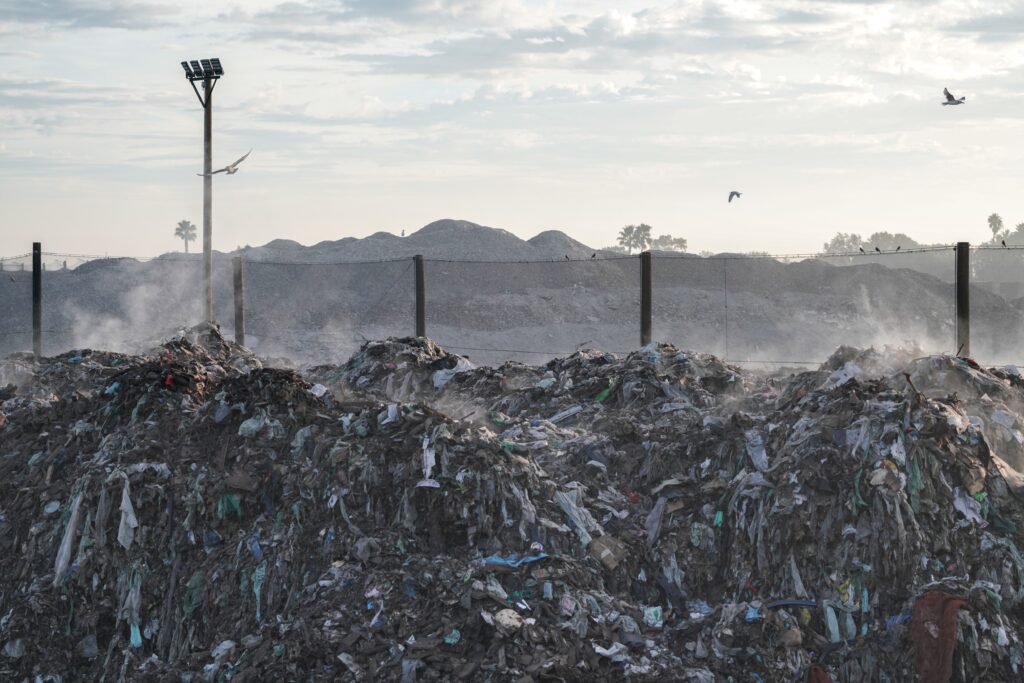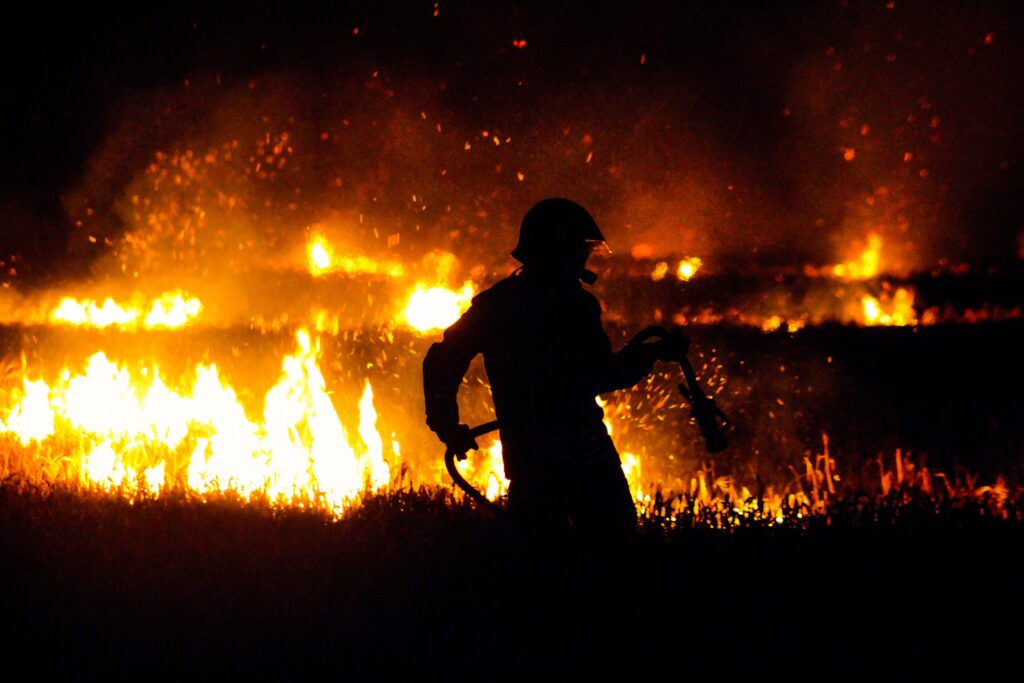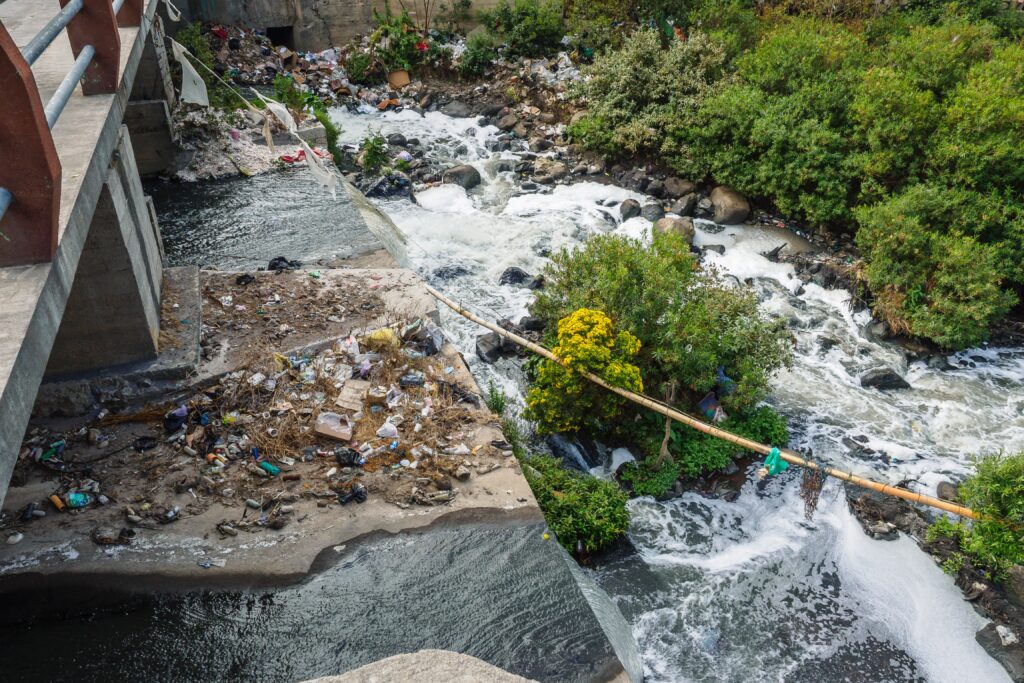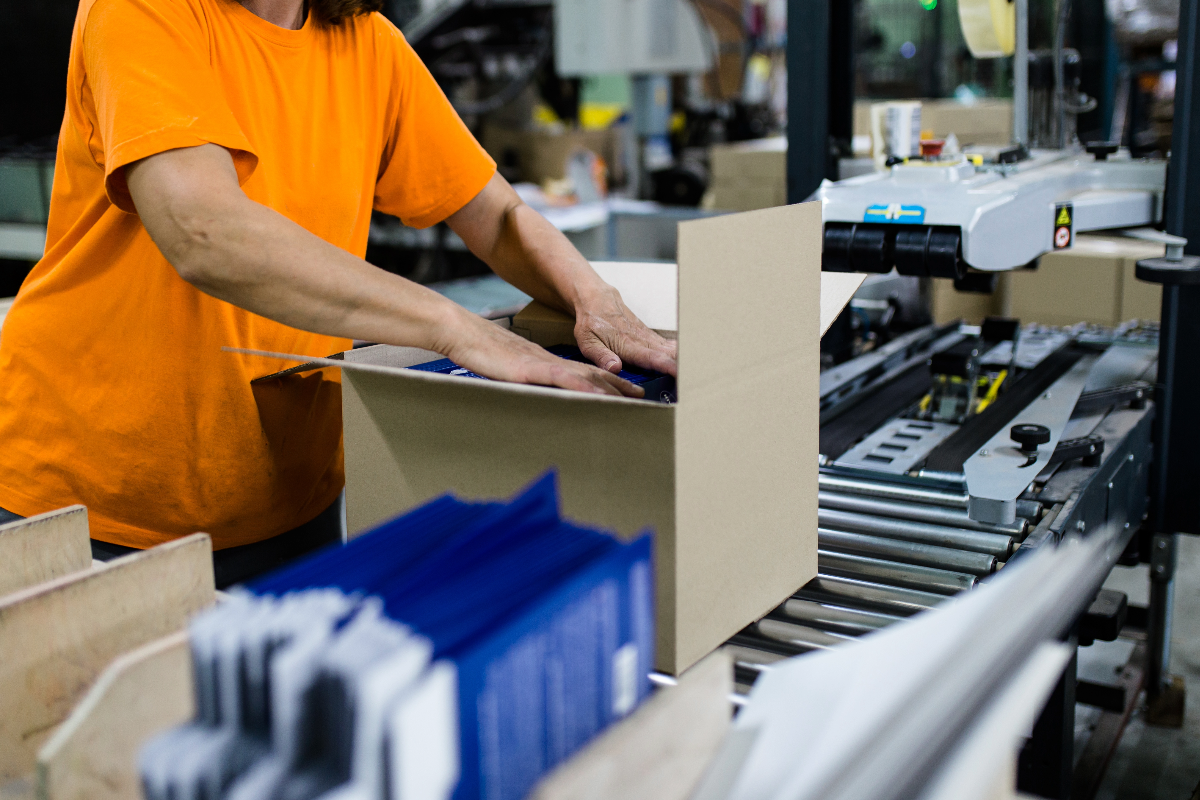BLOG
How much of your waste goes to landfill?

On average the UK produces 26 million tonnes of waste and a whopping 55% of it ends up in landfill. Whilst some landfill sites practice ‘landraising’– loading the waste directly onto the land, others adopt ‘landfilling’ – filling a hole in the ground with waste. Landfills are a major source of pollution as they are bad for wildlife, human health, nature, the environment, and global warming. The waste left in landfill also breaks down at a very slow rate which means that it is a hazard for a long period of time. Using landfill to dispose of waste can often be avoided as we send materials to landfill that could be disposed of in a more sustainable way.
The negative effects of landfill
Greenhouse Gases
Greenhouse gas production is one of the largest environmental threats caused by landfill sites as it contributes to global warming. Biogases such as methane and carbon dioxide are released into the atmosphere which leads to an increase in the planet’s temperature causing extreme weather events, rising sea levels, and droughts. According to the ISWA report, if current landfill usage continues and we do not take action, landfill sites will account for 10% of greenhouse gas emissions by 2025. These gases can also have a direct impact on human health as they can cause respiratory issues such as bronchitis and asthma.
Toxins
A lot of the waste that ends up in landfill is also full of toxins, for example, electronic waste leaks hazardous substances such as acid. These toxins are then absorbed into the ground and become an environmental risk. The liquid that drains from a landfill is known as Leachate and is often worsened by rainfall. The rain mixes with the toxins from the waste and contaminates surface water and soil. It has been reported that some areas surrounding landfills have had their drinking water contaminated by leaking landfills.
Fires
On landfill sites, there is also a large risk of fires starting. There are multiple causes of landfill fires but often they are caused by the gases that are produced mixing with the waste. They also often occur more frequently in warmer months as the heat contributes to the toxic environment that causes the fire. These fires cause air and water pollution as the smoke produced contains harmful contaminants and falls in surrounding areas. The fires can also get out of control and destroy neighbouring areas, of which some may be residential.


Alternatives to landfill
Waste to Energy (WtE)
Waste-to-energy is the process of power (usually heat or electricity) being produced using waste as a fuel source. The waste is put in a combustion chamber and is burnt to release heat. The heat then turns water into steam which builds up pressure to turn the blades of a turbine to produce electricity or heat. The energy generated from waste to energy plants can then be used to power businesses and homes in the area.
Composting
Composting is the process of recycling organic matter, such as leaves and food scraps. It requires organic waste such as newspaper, grass, and kitchen waste (fruits, vegetables) to be mixed with water and oxygen. This speeds up the decomposition process and turns waste into fertiliser that can enrich soil and plants and can be used for gardening and agriculture.
Recycling
Recycling involves manufacturing used products into new ones. Materials that can be recycled include iron and steel scrap, aluminum cans, glass bottles, paper, wood, and plastics. The waste is firstly collected and then taken to a recycling plant where it is separated and processed into new products. These products are then purchased and are often recycled again.
Why is it important to avoid landfill?
Diverting waste away from landfills prevents pollution and leaks that can harm our health and the environment. There are also other hidden effects of landfill such as the decimation of natural habitats and noise pollution from landfill bulldozers.
We believe that as little waste as possible should go to landfill and therefore, use alternative waste management solutions. As well as the positive environmental impact that this has, the solutions are also cost-effective for businesses and may be able to save your business time and money.
Contact us
Contact us to discuss how we can help you dispose of your waste in a sustainable and cost-efficient way.




